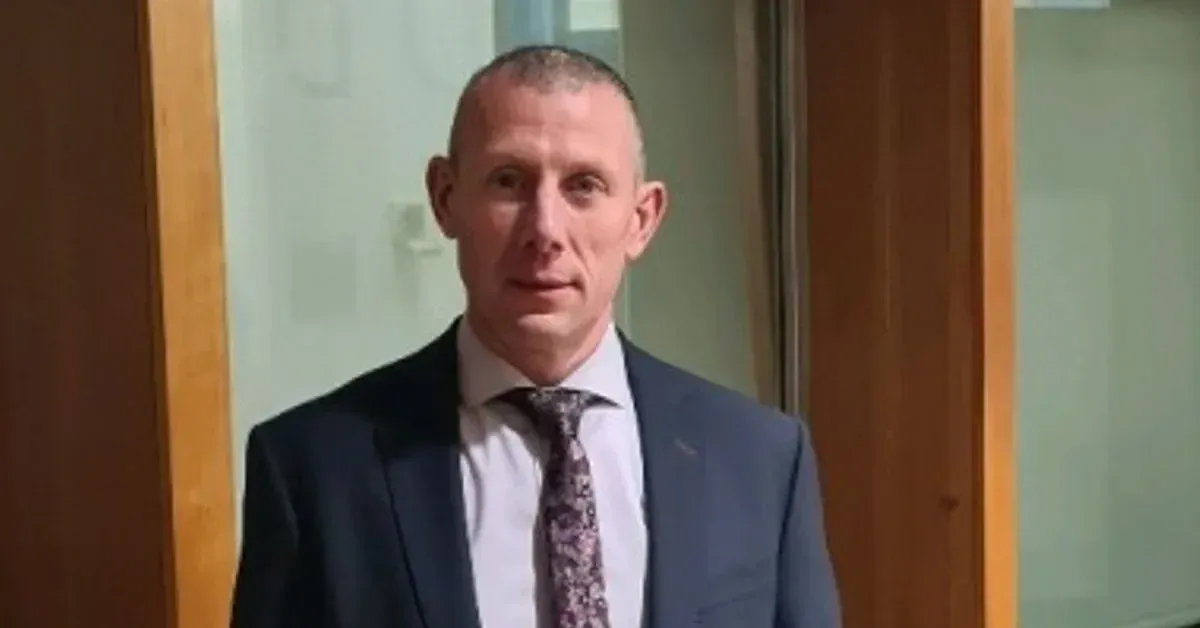Ireland will introduce charter flights to deport entire families living illegally in the country. This initiative, set to commence next year, aims to streamline the deportation process and ensure that deportation orders are effectively enforced.
Operation Fern and Increased Deportations
Under Operation Fern, a total of 132 individuals illegally residing in Ireland were deported this year. The Gardaí, Ireland’s national police service, will now use chartered flights to increase the number of deportations. This method is expected to be more efficient, particularly for deporting groups of people to the same destination. The use of charter flights is seen as a practical solution to manage the logistics of deporting larger groups, which can be challenging with commercial flights.
Government’s Plan and Support
Justice Minister Helen McEntee has confirmed that the government has put out a tender to assess the market’s capacity for chartered flights. The aim is to have an arrangement in place to run these flights later in the year. Smaller planes may also be used for individuals deemed dangerous and requiring Garda accompaniment. The government has not disclosed the cost of these flights, citing commercial sensitivity. The number of people deported via charter flights will depend on operational necessities, safety factors, cost-benefit analyses, destination, and aircraft type.
Fianna Fáil spokesperson on justice, Jim O’Callaghan, supports this plan, emphasising that the international protection system must have practical consequences for those who fail their applications. He argues that it is unfair to allow individuals who have failed the legal process to remain in the country, undermining the system’s integrity. O’Callaghan believes that enforcing deportation orders is essential to maintaining public confidence in the immigration system.
No Such Thing as ‘Unvetted Migrant’
In response to concerns about the vetting of migrants, Detective Chief Superintendent Aidan Minnock of the Garda National Immigration Bureau (GNIB) has stated that there is no such thing as an “unvetted migrant” in Ireland. Every individual seeking international protection is fingerprinted and identified. Claims that asylum seekers are criminals posing a threat to public safety have been rejected, with the majority being economic migrants seeking better opportunities. Minnock emphasised that the GNIB conducts thorough checks on all individuals entering the country, ensuring that those with criminal records are detained and monitored before deportation.
Organised Crime and Migrant Exploitation
However, Minnock acknowledged the presence of organised crime groups from Albania, Romania, and China involved in drug dealing, car theft, exploitation, and people smuggling in Ireland. These groups exploit legitimate businesses and vulnerable individuals, imposing significant debts on migrants and forcing them into criminal activities. The GNIB has identified networks of smaller groups specialising in different areas of criminal enterprise, such as advertising, cybercrime, finances, and the production of forged documents. Legitimate businesses, including haulage companies and airline staff, are also being exploited to facilitate these criminal activities.
Significant Increase in Asylum Seekers
Ireland has seen a significant increase in the number of people seeking international protection, rising from 13,000 in 2023 to over 21,000 in the past year. The GNIB has emphasised that any person identified as a threat to the state is detained and monitored before deportation. The increase in asylum seekers has put additional pressure on the immigration system, prompting the government to explore more efficient methods of managing deportations.
Details of the Charter Flights
The charter flights will begin later this year, with each flight carrying between 20 and 30 people. The government has not disclosed the cost of these flights, citing commercial sensitivity. The number of people deported via charter flights will depend on operational necessities, safety factors, cost-benefit analyses, destination, and aircraft type. The Department of Justice has stated that this method of deportation has been used in the past and is also employed by other EU member states. In addition to charter flights, commercial flights will continue to be used for deportations.
The Department of Justice has also added two extra countries, Botswana and Algeria, to the “safe” list, bringing the total to ten countries. This list includes Albania, Bosnia and Herzegovina, North Macedonia, Georgia, Montenegro, Kosovo, Serbia, and South Africa. The inclusion of these countries on the safe list means that individuals from these nations are less likely to be granted asylum, as they are considered to be generally safe.






